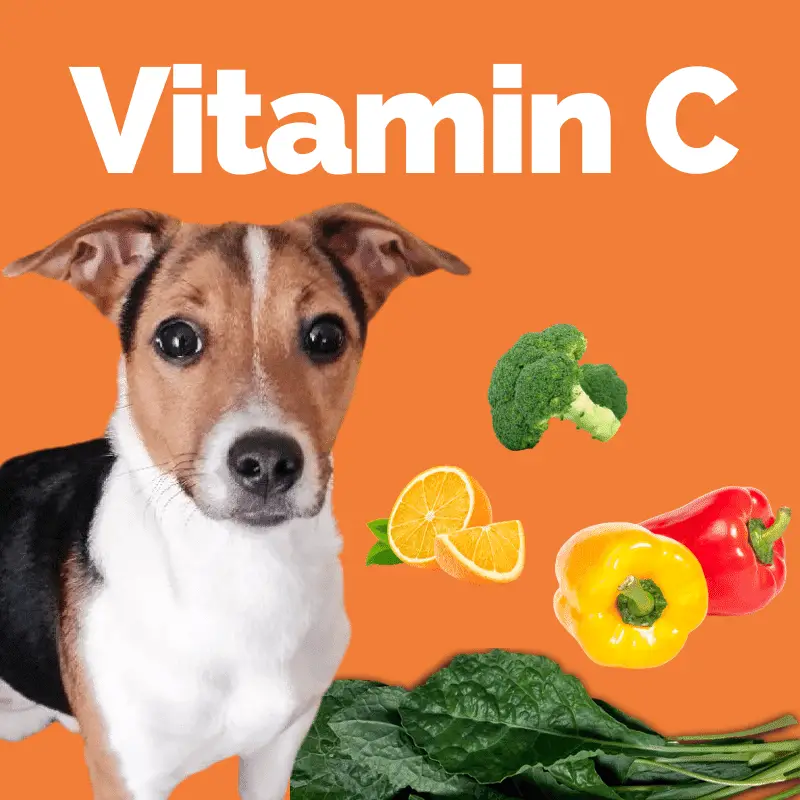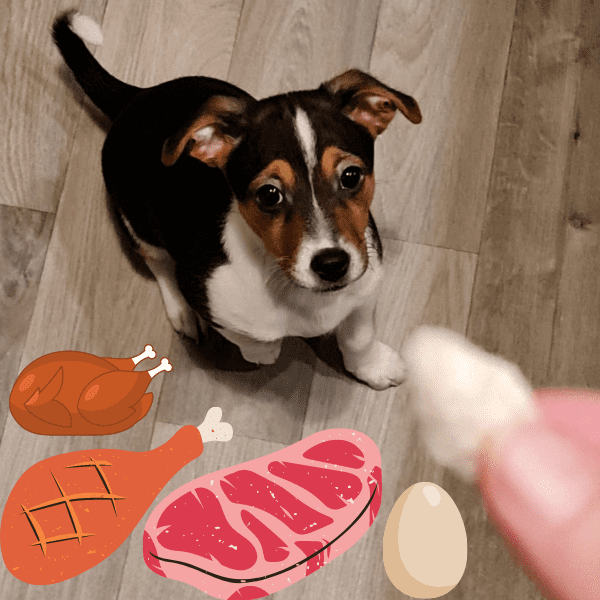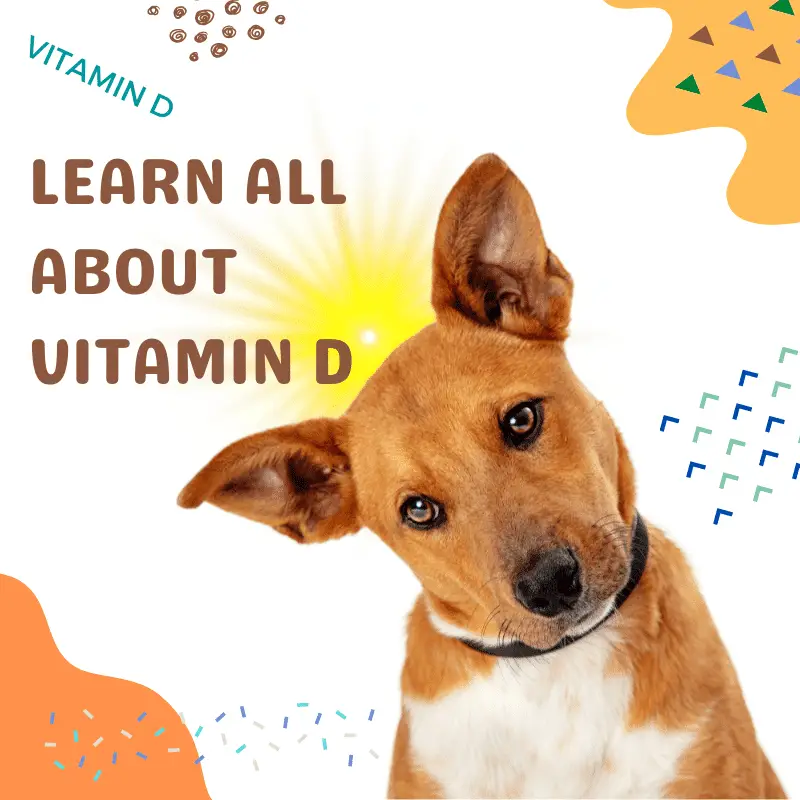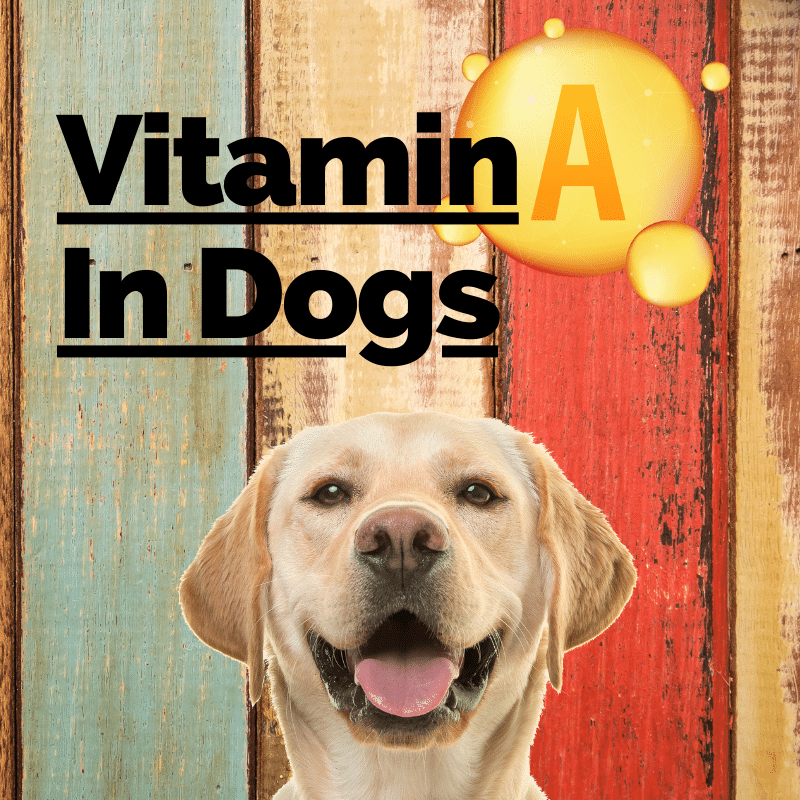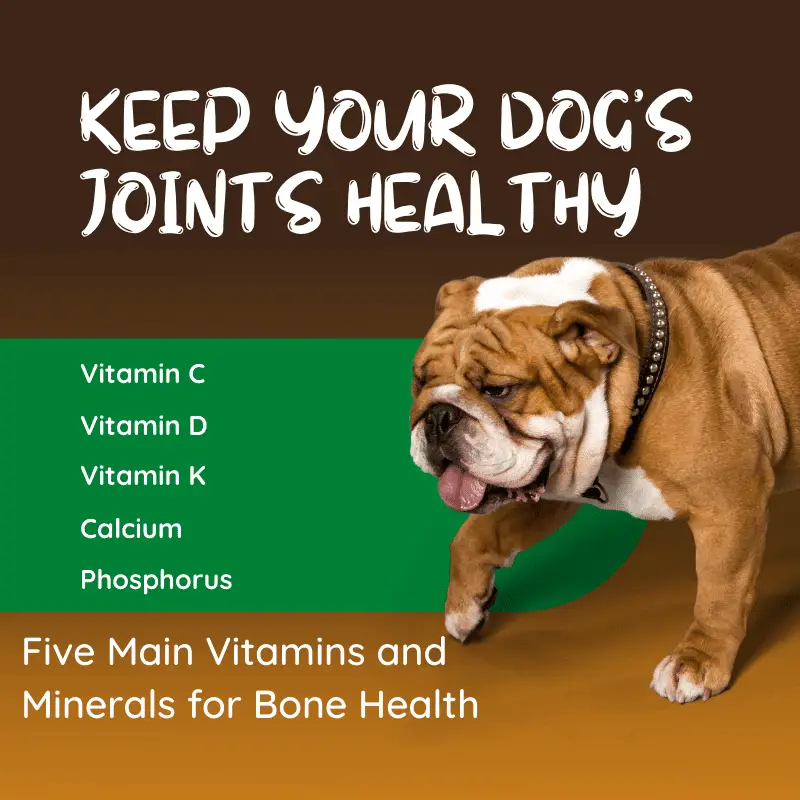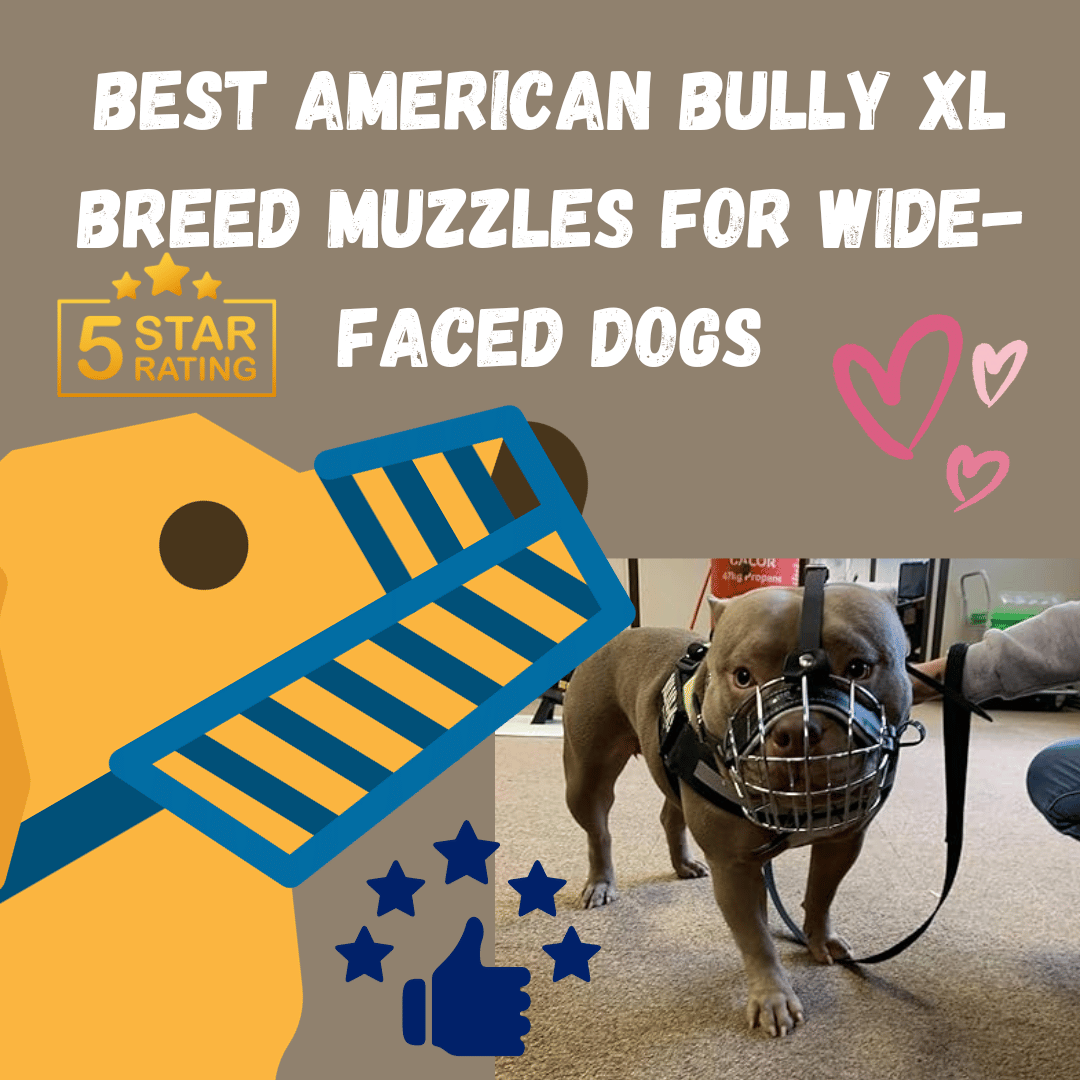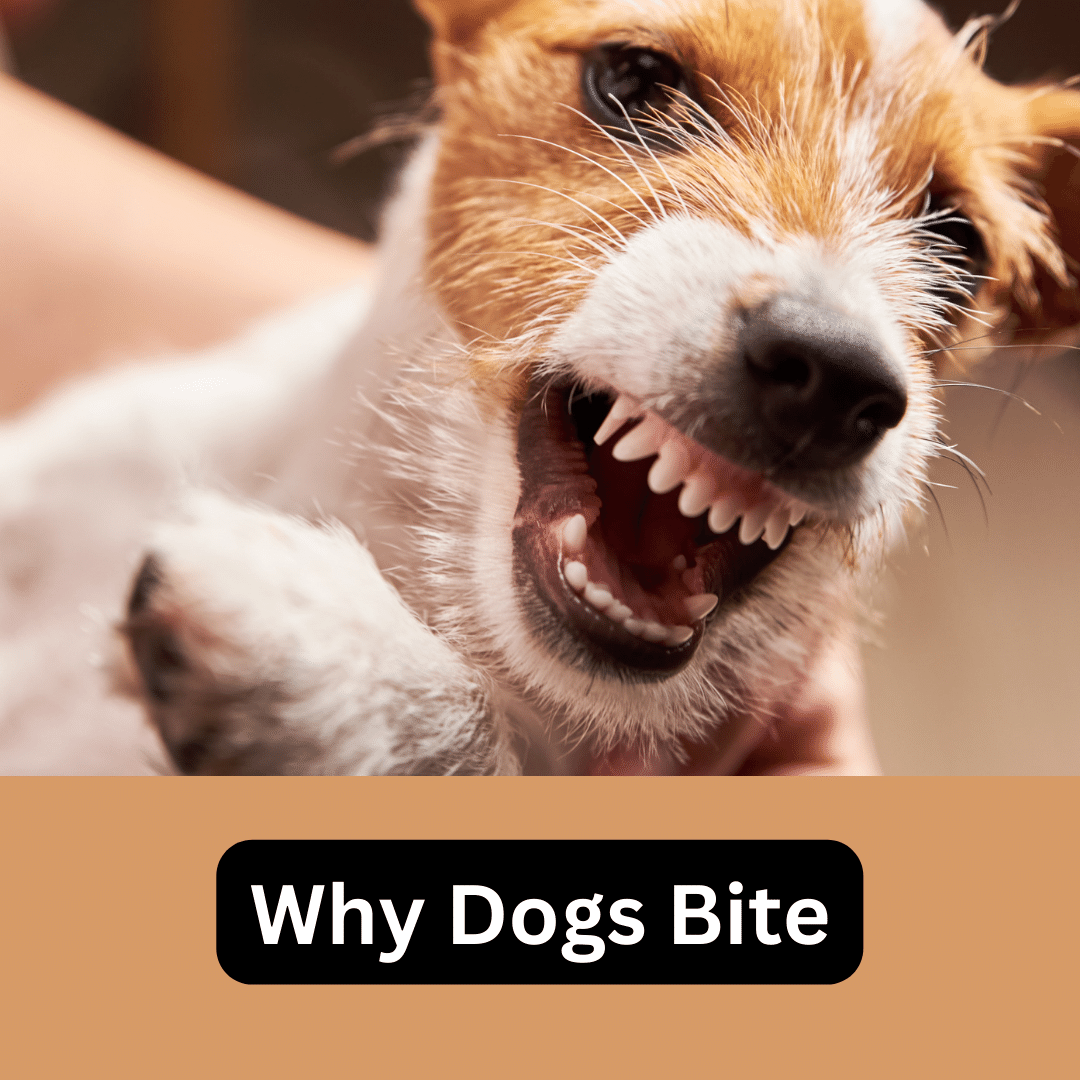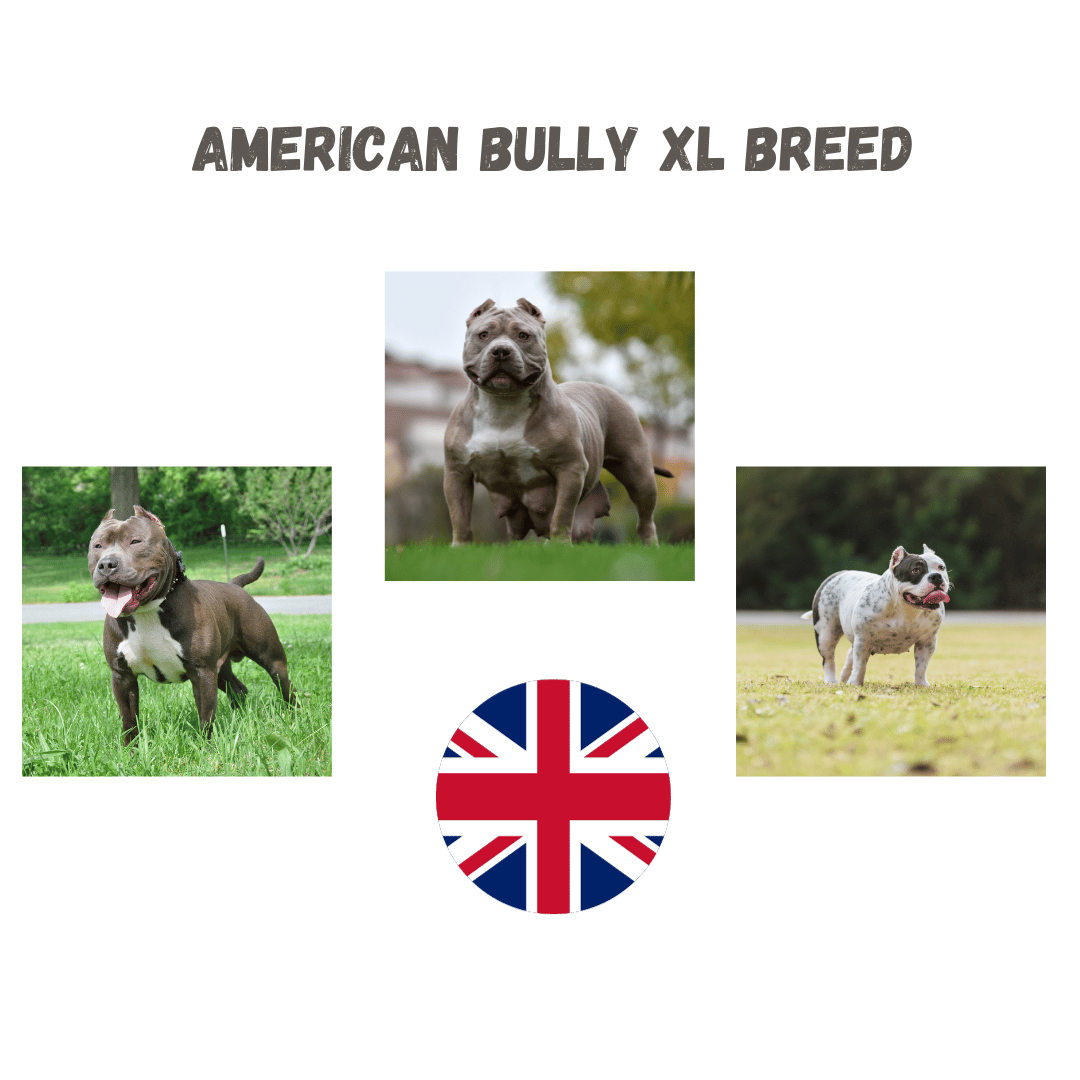Our dogs are our lives, and for them to live a long, healthy, happy life, it helps to understand what vitamin C does for a dog’s body and how to know if your dog is deficient in vitamin C.
Let’s also learn what foods you can give your dog to top up their daily dose of vitamin C and why a dog is deficient in this vitamin.
I am a firm believer in fresh food over supplements first. However, in some cases, a vitamin C supplement will work best.
What Vitamin C Does In A Dog’s Body
Vitamin C, also known as ascorbic acid, is responsible for many functions within a dog’s body. Some of a dog’s vitamin C even gets created within a dog’s body. Below are the vitamin C roles.
- It helps to increase iron absorption.
- Helps with wound healing
- It keeps the cells healthy
- It supports the immune system
- Supports bones and joints
- Vitamins C goes hand and hand with vitamin E and helps to enhance its antioxidant effect.
Please note that constant stressful situations for a dog can deplete its body with vitamin C. Also, pregnant dogs can lack vitamin C, so it’s always beneficial to add vitamin C enriched foods to their daily food.
Is my Dog Deficient in Vitamin C?
Vitamin C deficiency in dogs is very rare!
If your dog shows any of the below signs, it’s a possibility that your dog may be deficient in vitamin C. However, only a vet can determine if this is true, usually by blood testing.
- Bleeding
- Wounds take longer to heal
- Weakness
- Joint pain
- Bad breath
Vitamin C Enriched Foods Safe For A dog
Adding vitamin C will enhance your dog’s health. The below vitamin C enriched foods can go alongside their food. Always in moderation, and introduced slowly, if for the first time.
- Blueberries, per 100 grams, 9.7mg of vitamin C
- Broccoli, per 100 grams, 65mg of vitamin C
- Brussel Sprouts, per 100 grams 85mg of vitamin C
- Carrots per 100 grams 5.9mg of vitamin C
- Cauliflower, per 100 grams, 48.2mg of vitamin C
- Kale, per 100 grams, 120mg of vitamin C
- Mango, per 100 grams, 36.4mg of vitamin C
- Oranges, per 100 grams, 53.2mg of vitamin C
- Peas, per 100 grams, 40mg of vitamin C
- Pumpkin, per 100 grams 9mg of vitamin C
- Sweet Pepper (Bell Pepper), per 100 grams, 183.5mg of vitamin C
- Seaweed, per 100 grams, 39mg of vitamin C
- Sweet potatoes, per 100 grams, 2.4mg of vitamin C
Daily dosage when adding extra vitamin C should range between 300mg to 1,000mg, depending on the size of your dog.
Fresh is always best, although you can supplement vitamin C through medicine or if a joint condition exists, pregnant dog, a senior dog or a known genetic problem.
Recommended Read: Carbohydrates That Dogs Can And Cannot Eat
Why is my dog low on Vitamin C?
A dog can be low on vitamin C due to a few reasons, like not getting enough vitamin C in their diet or it’s of poor quality vitamin C. Another reason is that your dog is stressed or anxious. A stressed dog depletes its body of vitamin C, or a dog has genetic issues where it can’t produce vitamin C or keep vitamin C.
Vitamin C and Hip Dysplasia
Vitamin C is vital for a dog’s joints and bones. Vitamin C deficiency can result in a condition called hip dysplasia.
Hip dysplasia can also occur due to genetic background and the dog’s body not getting enough vitamin C.
Combine the lack of Vitamin C and the genetic background of hip dysplasia, then this condition is inevitable. However, if a dog has that genetic background giving extra vitamin C or the correct amount can lessen this severity for your dog.
Vitamin C and Scurvy
Although scurvy is extremely rare in dogs, mainly because they also make vitamin C themselves in their liver, unlike us humans, we can only intake vitamin C through diet or supplementation. However, if a dog can’t make vitamin C and doesn’t get vitamin C through ingestion, then scurvy can take hold.
Scurvy is also known as:
- Moeller’s disease
- Cheadle’s disease
- Scorbutus
- Barlows disease
- Hypoascorbemia
- Vitamin C deficiency
Symptoms of scurvy in dogs: red swollen gums between teeth, weakness, skin and coat issues and bleeding easily.
Can dogs overdoes on Vitamin C?
It’s hard for a dog to overdose on Vitamin C because it is a water-soluble vitamin, so any extra that the body doesn’t need will be expelled in the urine.
Short term excessive use of vitamin C can cause a dog to have diarrhoea. With extreme excess of vitamin C, a dog can get calcium oxalate bladder stones. However, please note this is a severe overdose caused by long term use.
Is Vitamin C toxic to dogs?
Vitamin C is not toxic to a dog. Dogs need vitamin C in their diet to support their bones and general health. Vitamin C is created within the dog’s liver and through food intake or in supplement form.
Can I give my dog regular vitamin C for humans?
Vitamin C human tablets are not designed for dogs. You should never give your dog human vitamin C. Instead, get some vitamin C made for dogs, by doing this it’s the safest option for your dog.
Can dogs have oranges for vitamin C?
Yes, dogs can be given oranges to up their dose of vitamin C. However, not too much, as oranges are slightly more acidic and sugary than other options. I suggest adding Sweet Pepper (Bell Pepper), kale or broccoli to a dog’s diet to increase its vitamin C intake.
How does a vet know if a dog is deficient in vitamin C?
Suppose your dog shows any vitamin C deficiency symptoms such as muscle weakness, joint pain, bad breath, or wounds that don’t heal. A vet will complete a blood test, and the blood test will then show a lack of vitamin C.
Vitamin C deficiency could be down to a dog not being able to generate it in the body, lack of vitamin C in their diet, or constant stress in a dog’s life can deplete vitamin C.
Vitamin C Supplements
Instead of adding vitamin C health-boosting superfoods, you can also give a dog vitamin C through supplements. Either in liquid form, powder form or tablet form. However, there are a few things to be aware of when choosing a supplement for your dog.
Some vitamin C supplements on the market are of poor quality and barely worth using, while some are made very well and will have the ultimate health benefits.
To help pick the best quality Vitamin C, you should research the company well and look for vitamin companies that put effort into their products, have a dog’s health at the forefront of their brand, and not just mass produce them.
If you want to not only add vitamin C, but maybe you want to add A, D, Zinc or even vitamin B complex. You could look at a multivitamin instead. Make sure you check the back of it, and the amount of vitamin C shown is near the amount of between 300mg to 1,000mg, depending on the size of your dog.
Recommended Dietary Allowance (RDA)
Daily dosage when supplementing a dog with vitamin C can range between 300mg to 1,000mg, depending on the size of your dog.
- Puppies/Small Dogs: 300mg
- Medium Dogs: 500mg
- Senior/Large Dogs: 1,000mg
Extra Vitamin C is perfect for:
- Senior dogs
- Pregnant dogs
- Stressed or anxious dogs
- Large dogs
Conclusion
We now know that vitamin C for dogs is vital for them. However, since they create themselves in their bodies, dogs are rarely deficient in Vitamin C. However, adding vitamin C to a dog’s diet through either fresh foods or supplements will only enhance your dog’s health.
Pregnant, large breeds and senior dogs will benefit the most from adding vitamin C into their diet or as a supplement.
Vitamin C is tough to overdose on since it’s a water-soluble vitamin and will be expelled in the dog’s urine.
Remember, fresh is always best before supplements if possible!
I hope the above has helped, and if you decide to go the supplement route, you have found a good brand that has your dog’s interest at heart.

